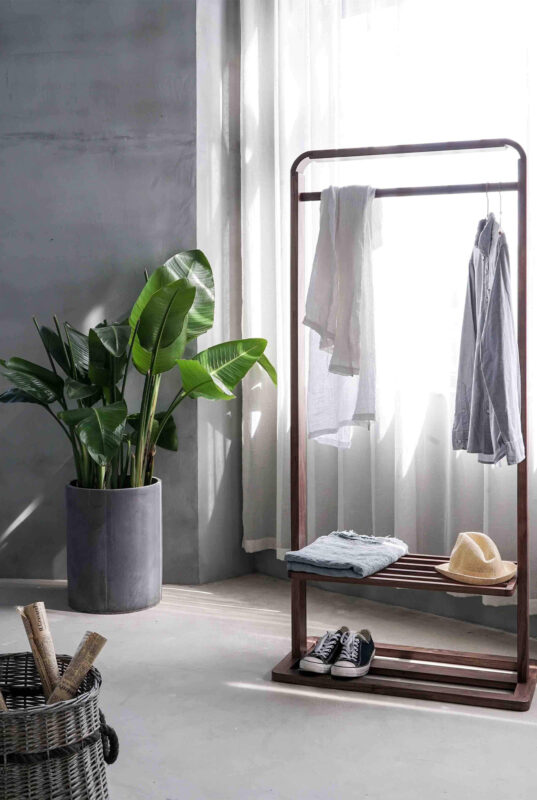Blog
10 Simple Tips to Keep Your Home Clean, Safe, and in Great Shape

Keeping your home in good condition doesn’t have to be overwhelming. Live in a busy city like New York or a quiet suburb like Buffalo Grove? Take small steps. Save time, money, and stress. This page gives a proficient, easy-to-follow guide with ten essential home upkeep tips. Regular tasks like gutter cleaning in Buffalo Grove help keep things clean. Routine pressure washing in NYC adds safety and value. Moreover, it uses clear transition words for smooth reading, making expert-backed methods easier to apply in daily home care.
Home Upkeep Tips
Tip 1: Schedule Regular Gutter Cleaning
Gutter systems divert rainwater from your home’s foundation, avoiding disintegration, basement flooding, and siding damage. Still, gutters can clog fast without regular care. This is especially true in places like Buffalo Grove, where debris is falling daily.
As a result, water backs up, driving form development, roof spills, and essential weakening. Therefore, it’s fundamental to plan gutter cleaning in Buffalo Grove at least twice annually—ideally in spring and fall. Eventually, cleaning gutters shields your home’s value and decreases long-term repair costs.
Tip 2: Conduct Seasonal HVAC Maintenance
Regular HVAC maintenance is essential for maintaining indoor comfort and system efficiency. Your heating and cooling units must adapt as temperatures change, placing stress on filters, coils, and ductwork. Therefore, ignoring scheduled care can lead to poor air quality, rising energy bills, and exorbitant breakdowns.
Furthermore, assessing for channel spills avoids discussing misfortune and ensures a steady wind current throughout your home. Most critically, plan a proficient tune-up before summer and winter. Certified experts find worn parts, clean key components, and adjust the thermostat. This helps your HVAC last longer and keeps indoor air safe.
Tip 3: Seal Cracks and Gaps
Even minor cracks around windows, doors, or foundations can compromise your home’s vitality, productivity, and auxiliary astuteness. Over time, these little openings allow cold discussions, moisture, and pests to enter, continuously expanding energy consumption and support costs.
Subsequently, performing regular assessments and successfully applying high-quality caulk or weatherstripping to seal crevices is fundamental. Growing froth or proficient fixing administrations may be vital in more serious cases. Additionally, expediting these issues makes a difference, keeps indoor comfort, and avoids long-term harm.
Tip 4: Invest in Pressure Washing Services
Pressure washing may be an exceedingly practical technique for restoring and maintaining the appearance of outside surfaces. Over time, contaminants such as soil, buildup, and toxic substances can degrade materials and compromise security.
Hence, standard weight washing is fundamental, especially in thickly populated regions like New York City. Pressure washing in NYC uses advanced tools. It removes grime from siding, concrete, and wood. This boosts curb appeal and helps surfaces last longer. Also, this process helps prevent premature deterioration caused by shape and natural buildup.
Tip 5: Clean and Inspect Your Roof
Over time, an introduction to climate can lead to damaged or lost shingles, moss buildup, or subtle structural shifts. Thus, examining your roof at least twice a year is fundamental—ideally in spring and fall. Look for signs like twisting shingles, breaks, soft spots, or clogged gutters.
In addition, cleaning off debris and natural development like greenery helps avoid water maintenance and long-term disintegration. Whereas a visual assessment from the ground is accommodating, hiring a material professional ensures a careful evaluation.
Tip 6: Organize and Declutter Regularly
Clutter isn’t just unsightly—it can also be perilous. Excess assets, especially when left on floors or blocking pathways, increase the risk of trips, falls, and delayed emergency exits. Besides, clutter can draw in dirt and bugs, compromising indoor air quality and security.
Hence, it’s essential to execute a steady decluttering schedule. Begin by assessing high-traffic regions and expelling things that do not serve a purpose. The following steps will utilize labeled capacity holders or racking frameworks to organize the remaining assets. Over time, this practice upgrades spatial productivity and advances a more advantageous, more useful living environment.
Tip 7: Keep Floors and Carpets Clean
Over time, dirt and allergens collect in carpets and floors, compromising cleanliness and indoor air quality. Hence, it’s essential to vacuum high-traffic areas at least once a week, employing a HEPA filter vacuum to trap fine particles successfully.
Besides, plan proficient, deep cleaning every 6 to 12 months to expel embedded soil and maintain the carpet’s lifespan. Use pH-balanced cleaners and microfiber mops for complex surfaces like tile or hardwood to avoid surface harm. Besides, setting doormats at passages and evacuating shoes inside can diminish the amount of dirt tracked inside.
Tip 8: Install Smoke and Carbon Monoxide Detectors
Intense smoke and carbon monoxide detectors are the first step in home security. These devices serve as early warning systems, alerting tenants to fire or gas spills before they escalate. Also, test each unit month to month and replace batteries at least twice a year.
For long-term execution, consider updating to models with 10-year fixed batteries and shrewd highlights. Moreover, a family crisis plan should be created, incorporating emergency procedures and regular drills. These safeguards diminish the dangers of fire and carbon monoxide exposure, safeguarding property and lives.
Tip 9: Maintain Outdoor Spaces
Maintaining outdoor spaces is fundamental for both a stylish appeal and security. Standard garden cutting, trimming bushes, and clearing walkways are not progress control offers; they are meant to minimize stumbling dangers. Installing snow and ice in colder locales avoids slips and essential harm.
Warmer climates require steady pest control and adequate irrigation to solidify the soil. Furthermore, utilizing strong open-air materials and ensuring appropriate drainage can extend the life of outside surfaces. Clean outdoor areas help keep rodents and bugs away. Use sealed trash cans and covered compost bins for extra protection.
Tip 10: Keep Plumbing in Check
If left unattended, plumbing issues can compromise your home’s security and effectiveness. For example, dribbling fixtures do not waste water but flag potential valve or washer failures. Slow drains may indicate basic blockages that require prompt consideration.
In addition, leaking toilets can harm the flooring and increase utility bills. Subsequently, it’s vital to frequently review regions beneath sinks, and around appliances, and close the water radiator for moisture or signs of corrosion. Addressing issues reduces structural damage, prevents costly repairs, and strengthens your plumbing system.
Conclusion
In conclusion, maintaining a well-functioning home requires steady upkeep and professional support. Subsequently, tasks like gutter cleaning in Buffalo Forest and window washing in NYC are fundamental for anticipating harm, improving security, and protecting property value. Eventually, proactive care ensures long-term comfort, structural integrity, and peace of mind for homeowners everywhere.

















